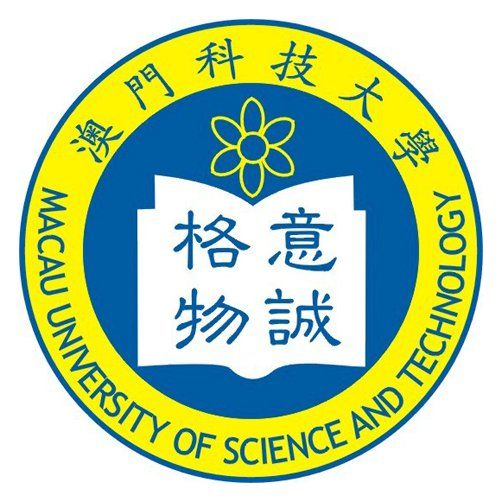Immunotherapy with interleukin-2 (IL-2) in treating cancers is subject to several limitations such as systemic side effects and reduced efficacy against tumors with low immune cell infiltration despite its promise. To address these challenges, IL-2-So-Lipo, a novel liposomal formulation combining IL-2 with sorafenib derivative, was developed as an anti-angiogenic drug that inhibits the growth of new blood vessels which play crucial roles in tumor growth. Sorafenib derivatives could target at melanoma-specific receptors, further enhancing liposomal specificity at the tumor site. Our results demonstrated that the prepared IL-2-So-Lipo significantly enhanced anti-tumor activity compared to IL-2 or sorafenib monotherapies, as well as their combination. In a B16F10 melanoma model, IL-2-So-Lipo was found to significantly inhibit tumor progression (tumor volume of 108.01 ± 62.99 mm3) compared to the control group (tumor volume of 1,397.13 ± 75.55 mm3), improving the therapeutic efficacy. This enhanced efficacy is attributed to the targeted delivery of IL-2 which promoted the infiltration and activation of cytotoxic T lymphocytes. Additionally, liposomal encapsulation of sorafenib derivatives enhanced its delivery efficiency, promoting tumor cell apoptosis and suppressing angiogenesis. Mechanistically, IL-2-So-Lipo could kill tumors by inducing a shift towards an anti-tumor immune response via facilitating the polarization of macrophages towards the M1 phenotype. Furthermore, IL-2-So-Lipo downregulated several key proteins in the MAPK signaling pathway, exerting a significant role in mediating tumor resistance to sorafenib. These findings underscore the potential of IL-2-So-Lipo as a promising strategy to improve the therapeutic efficacy of immunotherapy and targeted therapy in cancers. Moreover, the combination of IL-2 and sorafenib in a liposomal delivery system overcame the limitations of conventional IL-2 therapy, offering a synergistic approach to improve therapeutic outcomes for solid tumors.







